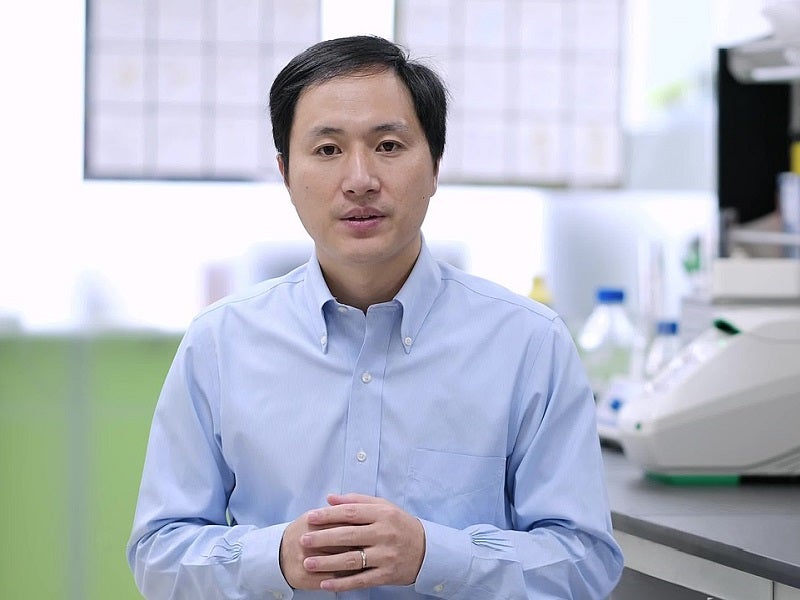In late November, Shenzhan’s Southern University of Science and Technology researcher He Jiankui announced on YouTube that his research had resulted in the birth of the first genetically modified children.
The twins, named Lulu and Nana, had their genomes edited using the CRISPR/Cas system as part of an in vitro fertilisation therapy that had been offered to parents where the father is HIV-positive.
Effectively acting as molecular scissors, CRISPR/Cas was injected into nascent embryos and used to disrupt the CCR5 gene, which facilitates the entry of the HIV virus into cells during the viral reproductive phase.
Disruption of the gene should result in humans that are resistant to certain types of viral infection.
This research has caused significant ethical debate about the use of gene-editing technologies in the scientific community.
One cause for concern is the significant lack of transparency surrounding the trial.

US Tariffs are shifting - will you react or anticipate?
Don’t let policy changes catch you off guard. Stay proactive with real-time data and expert analysis.
By GlobalDataThe researcher undertook gaining consent from the parents himself, describing the study on the consent form – misleadingly – as a programme for the development of a novel HIV vaccine.
Concerns rise as genetically modified babies debate continues
He Jiankui’s university has claimed it was not aware of the study, and that the researcher had been on unpaid leave.
Another cause for concern is the strange choice of HIV as the focus of the study. The safety profile of gene editing technologies such as CRISPR/Cas is far from fully understood, and they may cause mutations that result in pathologies such as cancer.
Because of this, their use so far has been restricted to adults with extremely severe diseases.
Although in theory there is a chance that HIV will pass from the father to the child during in vitro fertilisation of the embryo, this risk has been mitigated by the use of techniques such as ‘‘sperm washing’’ and retroviral drugs.
For conditions like cystic fibrosis that lack a cure, embryonic editing may be justified; for HIV, the benefits seem slim.
For Lulu and Nana, there are likely to be many downsides to being the first GM children: the twins have an increased risk of developing genetic diseases and an increased risk of developing cancers such as lymphoma (which killed the famous ‘‘bubble boy’’ David Vetter in the 80s).
Disruption of the CCR5 gene is also likely to increase their chance of catching some other viral infections, such as common colds.
However, on the upside, there is some evidence that those without CCR5 are more likely to be resistant to smallpox.





